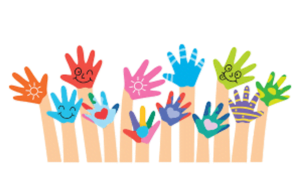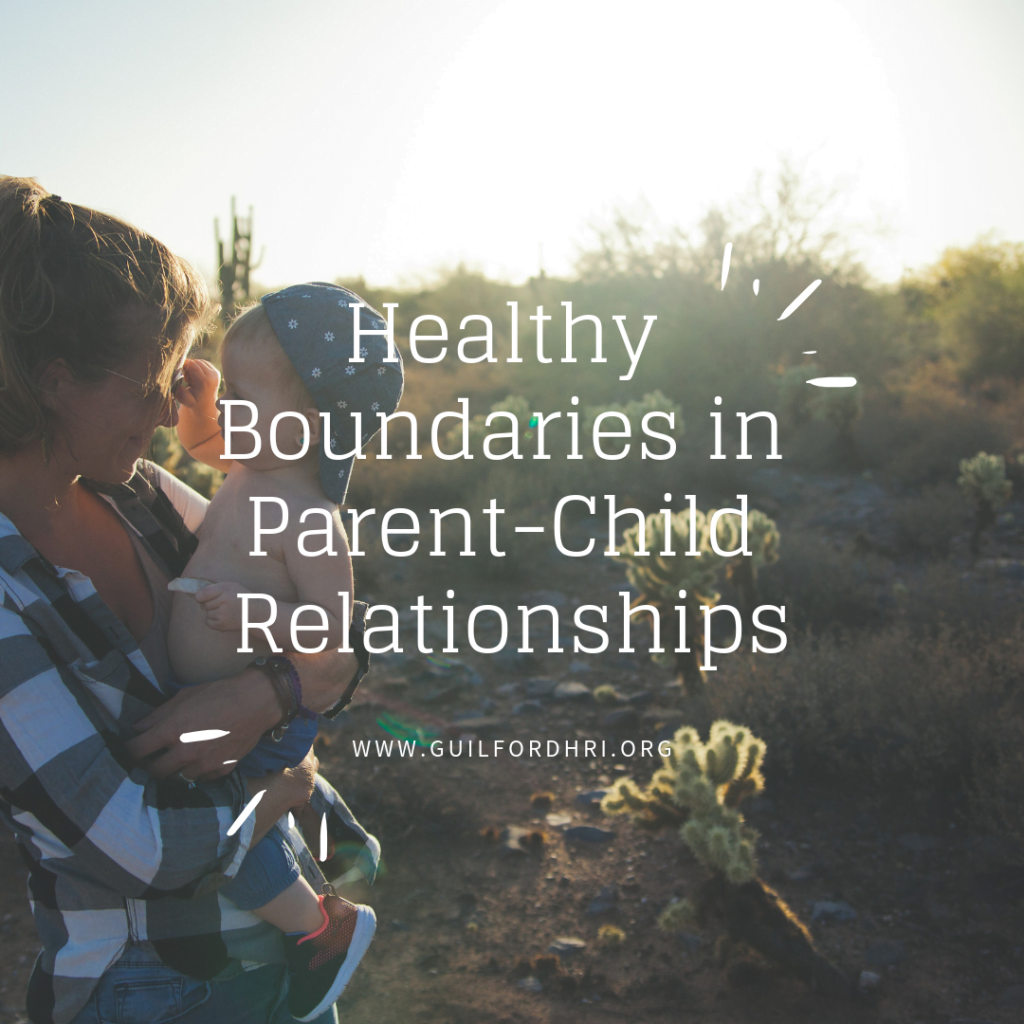Whenever kids commit a wrong- accidentally or intentionally, their first instinct is to hide it from their parents. Children feel compelled to hide things from their parents even though the latter are the ones who care about them the most. However, this parenting dilemma is a natural encounter on a journey full of ups and downs.
Remember when you were playing indoor catch-catch with your siblings and you accidentally broke your mom’s favorite vase? Your first reaction would have been “I’m in for some serious trouble today.”. As a result, the broken pieces would be found under the bed or the couch on a cleaning day. That was smart, but not a safe guarantee from the trouble, surely. In fact, read this hilarious poem to remind yourself about those times.

We understand that you wouldn’t want your children to hide things from you, even though it is natural and something you had done as a child. It is a good thing to try open communication. However, this doesn’t mean that your children will share every small detail of their life with you as they evolve into adults with access to their personal space and privacy.
As we decode the tips for making an emotionally safe zone for children, we request you to reflect on how you have tackled such situations in the past and the changes you want to adopt in your approach to help your child approach you more.
Why Do Children Dread Talking To Parents?
Children, especially teenagers, usually share their day-to-day events and small details with their siblings and friends, instead of their parents. Those with no siblings tend to be more active in their peer group.
Parents, due to the generation gap, are unable to reconcile with new ideologies which come along with their children growing up. Confused about how to understand their children, parents tend to berate their children for having their own opinions, likes, and dislikes.
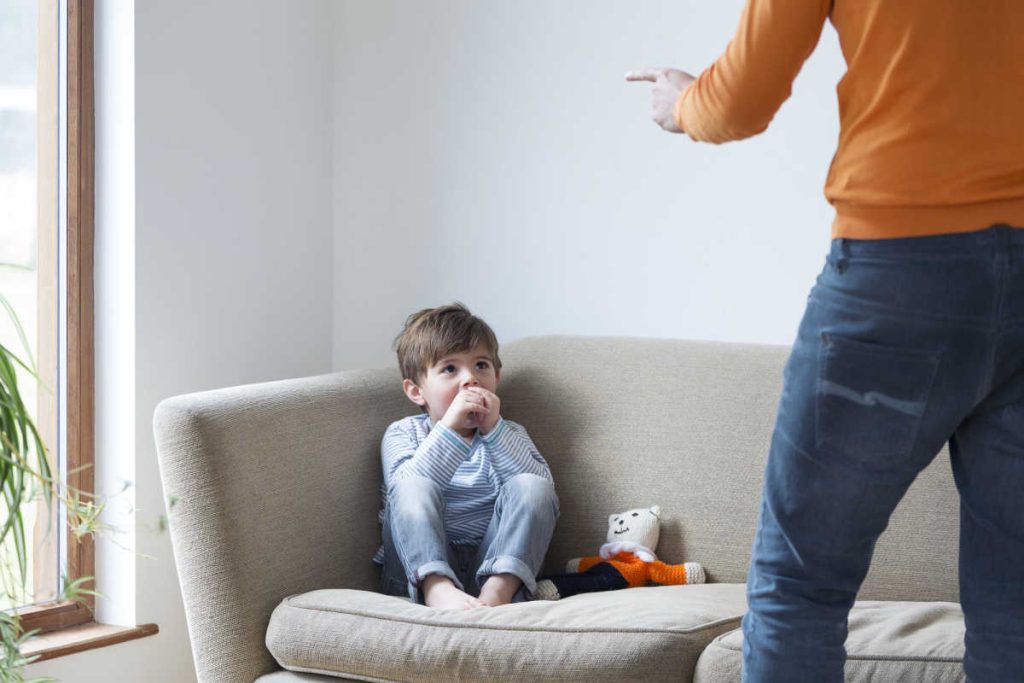
Yelling, negative criticism, and the unwillingness of parents to understand their thought processes, preferences, dreams, and hobbies, are some of the reasons children don’t feel emotionally safe in expressing themselves in front of their parents.
Children feel safe in confiding in their friends and siblings. They have an unsaid understanding inbuilt in them. However, bad company can have a similar negative influence on your child.
How To Befriend Your Children?
The parents who are involved in their children’s lives are often considered open-minded. Bonding with your children, thus, requires the creation of an amiable environment so that they can consider you as their friend.
So, it is finally time to make parents’ favorite statement “I’m like your friend.” come true. Here are some useful tips to create a healthy relationship with your children and become their friends.

Build The Trust Quotient
To build a better connection with your children, you will have to engender a strong foundation of trust with them. The earlier you begin, the better it will be. However, the bigger part is to maintain that trust after earning it.

When you ask your child to tell the truth by adding that you won’t scold them, don’t scold them! Keep your end of the deal. Instead of berating them, you must sit and talk, and let them know where they went wrong and how to avoid it in the future.
Communicate With Your Children
Communication is always the key. To get a better understanding, you will have to make the effort. You will have to ask them their likes and dislikes, their needs and wants.
Parents and guardians assume they know what their child wants based on what they have noticed and what they feel is apt for their child. That is not always true. Each child is different and there is no way a person can know what they want until they verbally ask for it.
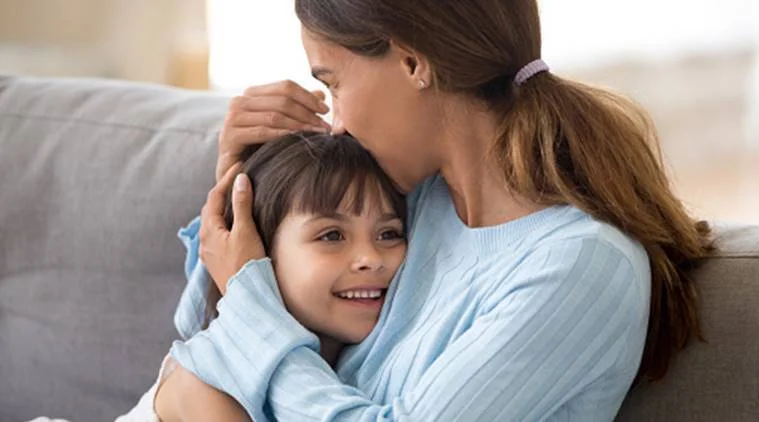
Respect Boundaries to Create an Emotionally Safe Zone for Children
A very essential component of an individual’s personality is where their boundaries lie. Creating boundaries, respecting and maintaining them, allows a person to freely developmentally without being completely dependent on others. It builds the self-confidence of a person.

When you ask your child what’s wrong and the reply is ‘nothing’, you should give them space instead of pressing for details. Allow them to understand the emotions they are going through, and let them know that you are present if they want to talk. They will approach you on their own, once they feel safe interacting with you.
Empathize with Your Child
Try to put yourself in their place and consider the situation from their point of view. Think about what you would’ve done in those circumstances. Kids and teenagers are at an age where they are still learning and getting to know new things about the world.

As they explore more, they come across different situations — including the ones where they have absolutely no idea what to do and how to handle them. So they take a decision which first comes to their mind, which often is a reckless one. Empathize with their feelings, try to understand what they are going through to create an emotionally safe zone for children.
Refrain from Scolding to Create an Emotionally Safe Zone for Children
Don’t rebuke the children for their behavior. Threatening your kids by saying, “I’ll take away your phone” or “you can’t go out to play” creates a barrier between you and them. They start viewing you as someone who doesn’t care about their likes and dislikes.
Instead, let them know why their actions are considered wrong and their repercussions. Sit with them, ask their problems and give them feasible solutions.
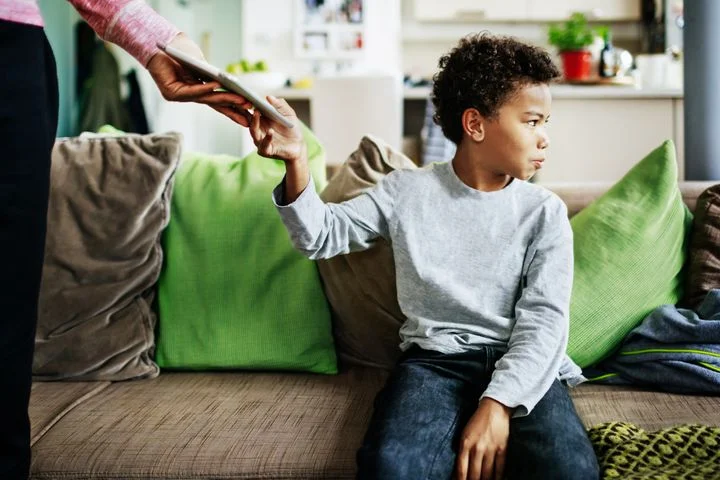
Final Thoughts
Try to create a free and warm environment, where you welcome all sorts of opinions and thoughts. Keep a positive attitude. The more open you are with your thoughts and ideas, the more your children will be. Remember, kids learn from what they observe. The way you act and react in situations is naturally inculcated in the minds of the new generations.
Use emotional comfort and warmth as a tool to polish your child’s personality, not fear and criticism. If they are wrong, educate them, not belittle them.
“Every child is different. Every child responds in a different way.” These words by David Fincher are to be kept in mind while attempting to create a safe zone for children where they can be themselves. Podium School appreciates this delicate bond between you and your child. Therefore, we aspire that it blooms further by leaps and bounds. Do check out our columns on parenting tips and advice and let us be your friend in this journey of love and belonging.
For more parenting tips and advice, check out other articles offered by Podium School.
Share with your friends
